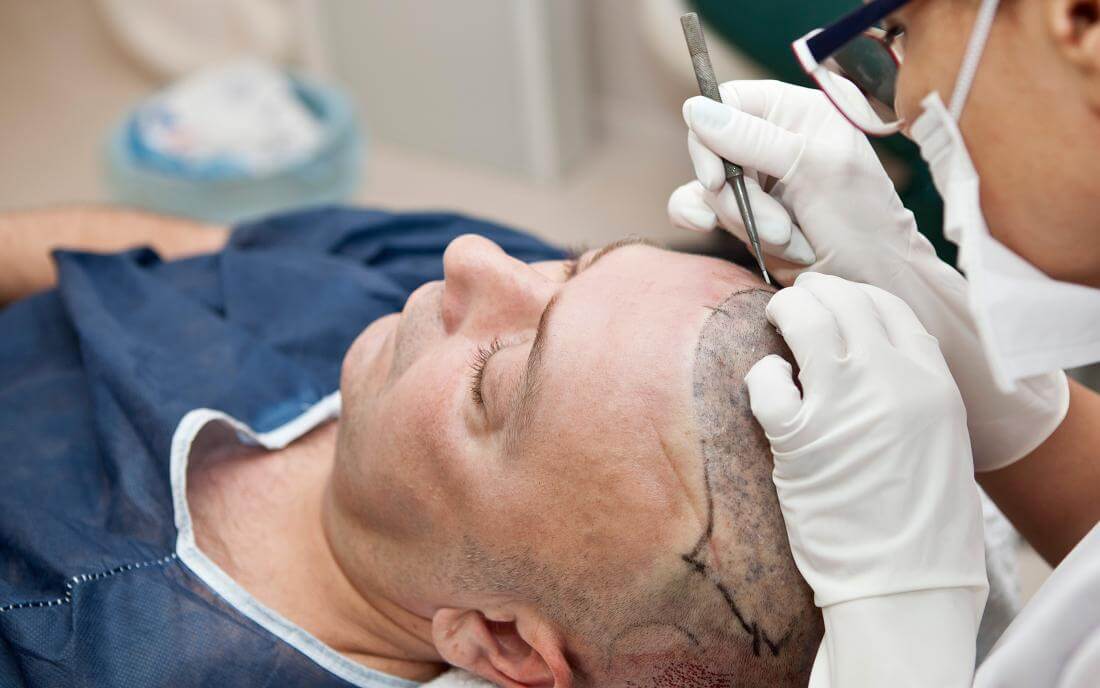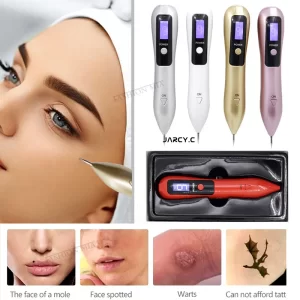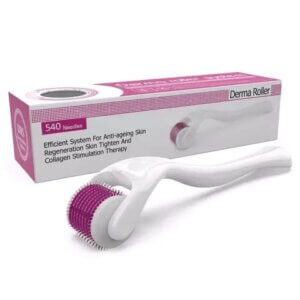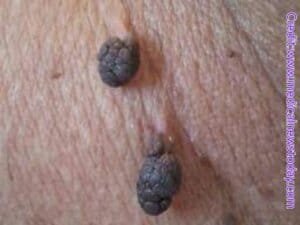In this piece, I’ve listed and discussed a few hair transplant side effects.
Although, hair transplantation should be relatively safe, it is still a surgical procedure.
And just like other surgical procedures, despite the advancement in science and technology.
Hair transplantation is prone to certain side effects and complications.
Now, let’s look at some of these side effects.
HAIR TRANSPLANT SIDE EFFECTS
1. Bleeding and Injuries:
This is more more likely to occur when;
• An hair transplant surgery is carried out by an unexperienced surgeon.
The end result, is injuries on the scalp, which might bleed after surgery.
• If the patient is currently on any blood thinning medication or happens to be suffering from a bleeding problem.
2. Infections:
Infections are more likely to occur when an hair transplant surgery is carried out using either the;
• Follicular unit transplantation, or
• Follicular unit extraction.
Asides from the aforementioned. Infections might also occur when;
• The scalp is injured during surgery and is not given proper attention.
• An hair transplant surgery is carried out using unsterilized surgical tools.
• Donor and recipient areas are not given proper attention, after surgery.
Infections after an hair transplant surgery may be treatable using antibiotics.
NOTE: Alternatively, it is better to use effective hair growth products below.
Rather than undergoing a hair transplant surgery.
• Hair Regrowth kit:
This kit contains a very effective hair growth spray and a Derma micro needling roller.
The hair spray contains “ Ginger and ginseng extracts, Rosemary and Grape seed essential oils,” amongst other quality ingredients.
The derma roller on the other hand would help stimulate, “ Collagen Production.”
“ Collagen,” which play an important role in hair production.
This hair growth kit is available for purchase at the Skinol Cosmetics online store.
• Rogaine’s 5% Minoxidil Foam.
3. Pain and itching on the scalp:
In rare cases, pain might be experienced after a Hair transplant surgery.
But, this can be handled using painkillers.
Experiencing pain after an hair transplant surgery might also be due to an injury or infected injury.
Itching on the other hand is common and likely to occur.
But, this should however subside after a few days.
4. Inability to detect sensations in the scalp:
This is one of many hair transplant side effects.
Loss of this ability is more likely to occur when a Follicular unit transplantation is used.
This is because, “ Nerve damages,” may occur when a scalp skin is been extracted.
The inability to detect sensations in the scalp can either be temporary or permanent.
5. Swelling:
After an hair transplant surgery patients may experience Swelling either at;
• The scalp, which could be due to an infection.
• The forehead or the eyes, which is more common.
This should however subside In a few days. (I.e. Swelling in the eyes and Forehead.)
NOTE: Rather than experience the side effects above. Try out these safe and relatively cheap solutions below;
• Hair Regrowth kit: This contains an, “ Effective hair growth spray,” and a, “ Derma micro needling device.”
This kit can be ordered at the Skinol Cosmetics online store.
• Application of, “ Essential oil.”
- Use Onion Juice for hair growth.
6. Hair loss:
This is also one of many hair transplant side effects.
It is formally referred to as, “ Hair shedding.”
It is important to note that hair shedding is, “ Expected to occur.”
This is because after a successful hair transplantation;
• The implanted grafts are expected to, “ Stick properly,” at the recipient area.
• After this, the hairs on transplanted grafts are expected to fall off within 3 weeks.
• After which new hair growth is expected to occur.
7. Cyst or Pus on Scalp:
Cyst after an hair transplant surgery might be due to;
• Scalp irritations due to implanted grafts.
• Substances injected during surgery.
• Damaged hair follicles, amongst others.
Pus on the other hand , might be the aftermath of an infected injury or infected donor or recipient areas.
Before you go check out our previous article that answers the question: How long do transplanted hair last?











